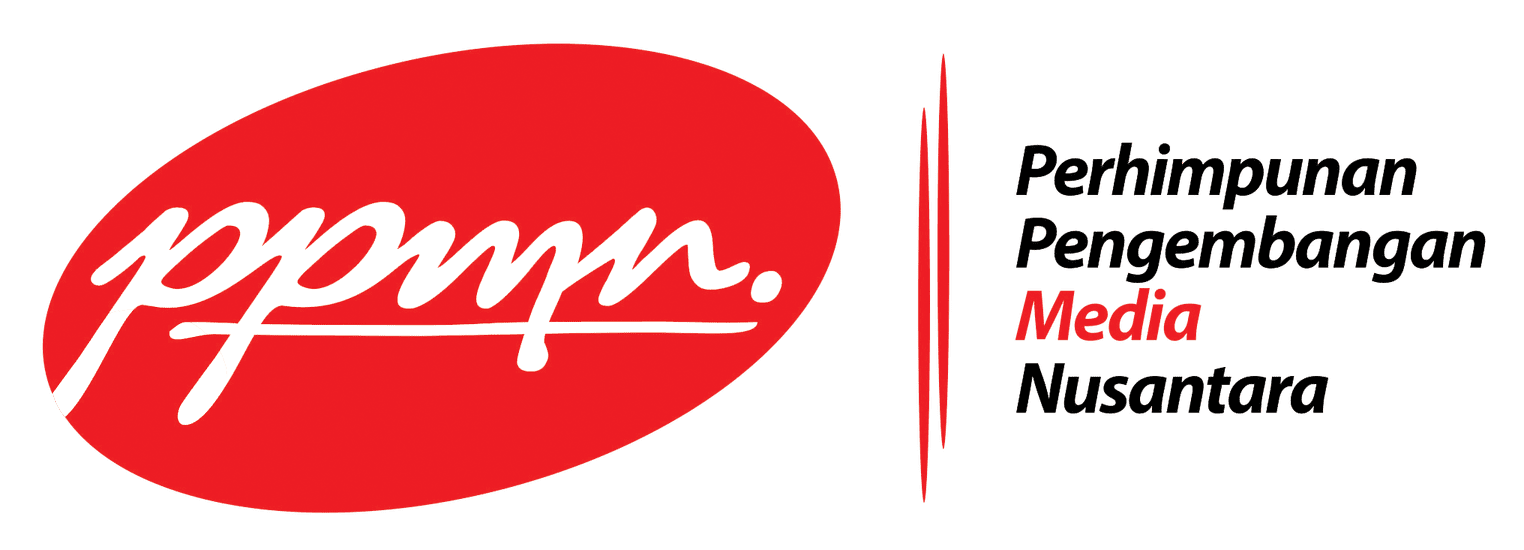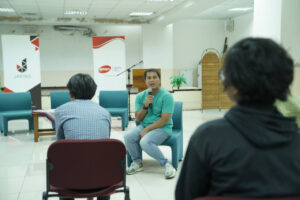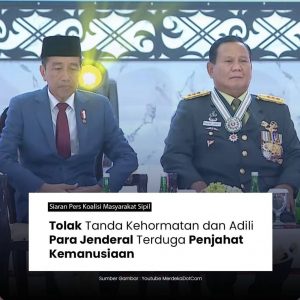
Shelviana Natalia Maria, a member of the Citizen Journalist Kayong Solidaritas (JWKS) community, felt that there was something different in the holding of regional head elections (Pilkada) where she lived in Ketapang, West Kalimantan, last December 2020. When comparing with the elections of governors or presidents held in 2018 and 2019, the atmosphere in Ketapang felt quieter. There was an interesting phrase that later went viral among people, “Usah Gopoh, Lor. Bende Ginik Maok Tenang.” That means, don’t be hasty, such things (Pilkada) should be thought through.
Nobody knows who gave rise to the term at first, but according to Shelvi, her nickname, every time the political tension starts to rise, it seems to be his cooling remedy. For Shelvi, that phrase is not a mere term, but it has great meaning, especially in Ketapang that has a track record of the horizontal conflict.
“The words came out of some people during the debate. This can make things quieter. During the provincial elections, that phrase did not appear. But now that makes a positive joke,” says Shelvi.
Ketapang and West Kalimantan have a bloody track record. Political events like Pilkada can be a catalyst for conflict between people. Shelvi and the JWKS member certainly don’t want to be that way, despite the classic proverb that says a bad news is a good news. In the pre-election period, Shelvi and her colleagues at JWKS attempted to produce news content that not only provided information about Pilkada but also encouraged the peaceful implementation of the election.

Shelvi feels lucky to have been involved in the citizen journalism program held by Indonesian Association for Media Development (PPMN) and the Association for Election and Democracy (Perludem) under the Asia-Pacific Regional Support for Election and Political Transitions (RESPECT) program. She has a growing knowledge of the election since she was involved in the program. As a citizen journalist, Shelvi feels an obligation to participate in a happy democracy by spreading a positive campaign on the news that she has written.
Before the election, all I knew was how to go to the polling station and vote. Doesn’t really care about the process. Now it’s not. We helped control the process from the beginning
Shelviana Natalia Maria, a member of the Citizen Journalist Kayong Solidaritas (JWKS) community
One of the contents she produced with her team was a feature broadcast on Radio Kabupaten Ketapang (the government-owned radio) in mid-November 2020 entitled “How Vulnerable Communities Face the Ketapang Election”. The narration is written in Ketapang Malay with traditional musical accompaniment which makes it interesting to listen to.
The production team focuses on the problems facing vulnerable groups during the Pilkada such as indigenous, disability groups, women, and LGBTQ communities. During the program was running, JWKS members are challenged to focus on issues involving vulnerable communities. This group often has no room to speak up even though it has political rights.
Production of content that brings out vulnerable group issues sometimes leads members of the JWKS to fear an attack from disreputable groups. Viktor Irwin, the JWKS coordinator, acknowledged that. Anticipating this anxiety, members of the JWKS pack a message about vulnerable groups with a language that all parties can accept.
Viktor gave an example when the JWKS member community wrote about the existence of the Waria and Gay Association (Gawai). In Ketapang, this community has been accepted, although not wholeheartedly. The JWKS wrote it down in a manner that is not overly prominent to the existence of this community that is feared would lead to attacks on members of the community.
“We considered the situation that many people had become indifferent with them. In the past, this community has been disbanded, so we tend the source. They (Gawai-red) also ask to be less prominent,” Viktor said.
In addition to the Gawai community, JWKS members are also quite observant of the existence of indigenous peoples. Interestingly, in several content productions, JWKS raises local wisdom that is used as a preventive measure against potential conflicts that often arise during elections. One example is the special interview coverage of JWKS member, Petrus Dedek with Herkulanus Djehuli, a traditional leader of Gerunggang. In his coverage, Dedek mentioned how the Gerunggang indigenous people can be an example of an indigenous community that actively participates in the Pilkada.
According to Viktor, Gerunggang is one of the tribes and indigenous communities that exist in Ketapang. Their existence when actively overseeing the election can be an example for other indigenous communities that customary law can actually be an approach to reduce the risk of conflict between residents.
“People still obey the customs. When properly socialized, customary rules can support the holding of elections. This can be knowledge about the role of local wisdom for other tribes or groups in Ketapang,” explained Viktor.
Public response
Before joining the citizen journalism program for elections, JWKS has been involved in a number of public advocacy programs with PPMN since 2018. At the same year, the community began to officially adopt the name JWKS and launched an online website with an address, www.kayongsolidaritas.com. But their existence in the media community has been much longer. They still used the community radio (Rakom) Gema Solidaritas.
Viktor was one of the pioneers. Rakom Gema Solidaritas was built in 2005 with 20 members. They operate on voluntary principles without expecting anything in return. The entire broadcast equipment was purchased with membership benefits and annual layouts from Credit Union Pancur Solidaritas. It just so happened that Viktor and the other members were also employed at this cooperational facility.
At the time, according to Viktor, Rakom focused more on advocating indigenous peoples’ advocacy, environmental issues, and diversity. Because West Kalimantan has a history of ethnic conflict, Rakom Solidaritas tried to promote diversity and economic empowerment efforts through cooperation. “We established Rakom with the motto’ civilized, cultured and peaceful radio. Through the broadcast we promote diversity, as well as economic empowerment. We realize the root of the conflict is economic. So this Rakom was able to unite the various parties of different tribes, races, and religions,” Viktor said.
According to Viktor, the most significant change felt by his members was the growing capacity for election knowledge. This was obtained because, during the four months of the program running, JWKS fostered relations with election management bodies such as the election commission (KPUD) and Bawaslu Ketapang. Viktor said that the KPUD and Bawaslu felt they were helped in socializing the implementation of the regional elections, especially in community groups that had been forgotten so far.

In addition, KPUD and Bawaslu gave a positive response to our existence. They feel appreciated because in every news we make, their roles are nailed in the same framing of the organization in Jakarta,
Viktor Irwin, the JWKS coordinator
By the time the program was completed, the JWKS had successfully expanded its network. They are currently working on a network of Indonesia’s disability groups (PPDI) Ketapang. PPID Ketapang assisted JKWS in the data presentation of the disability group, while the JWKS presented more information related to the needs of the disability group. The JWKS also get an offer to join the public information group (KIM), the subordination division of the Ketapang government for their activation at the 2020 election. The JWKS can now send their members to join KIM for training and increased capacity.
(Vicharius Dian Jiwa)











